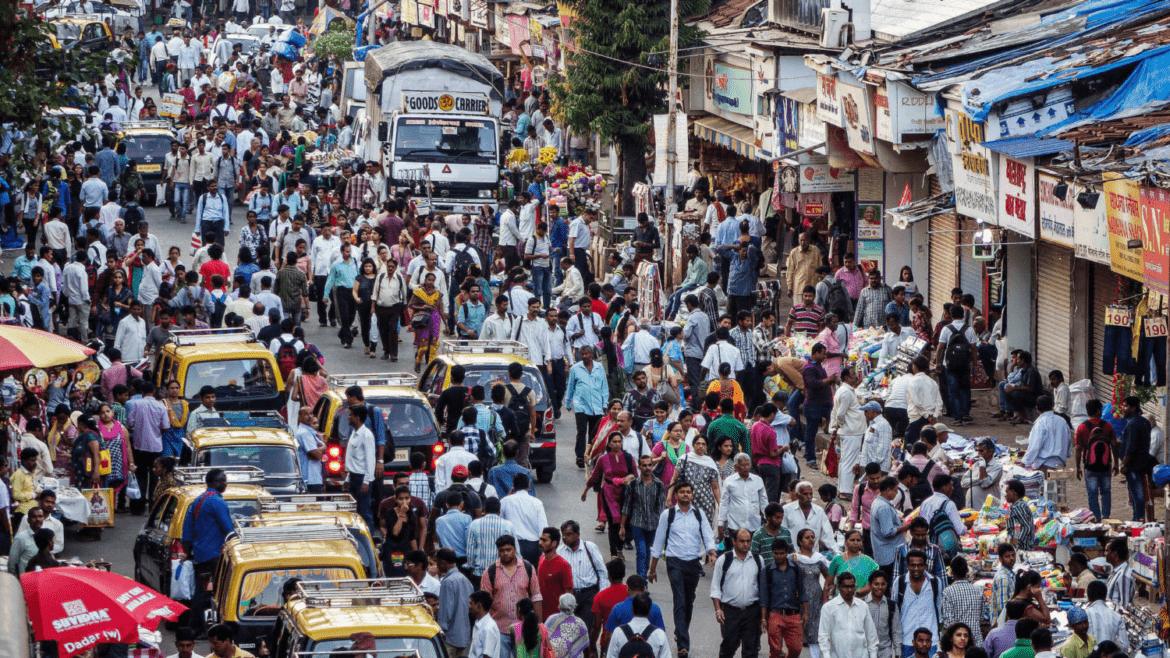AI Generated Summary
- Initiatives like the Deendayal Upadhyaya Gram Jyoti Yojana and PM Ujjwala Yojna have also contributed to reducing poverty by improving the quality and reliability of power supply in rural areas and increasing the accessibility of clean cooking fuels to economically weaker households.
- According to a United Nations report, the country has lifted a staggering 415 million people out of poverty in just 15 years, with the incidence of poverty dropping from 55% to 16% since 2005.
- It is crucial to promote inclusive economic growth that benefits all segments of society, as well as to create a sustainable and resilient environment that enables everyone to thrive.
In recent years, India has made incredible progress in reducing poverty. According to a United Nations report, the country has lifted a staggering 415 million people out of poverty in just 15 years, with the incidence of poverty dropping from 55% to 16% since 2005. This accomplishment can be attributed to a variety of factors, including well-designed government policies and targeted investments in crucial sectors.
A crucial element in understanding India’s success in combating poverty is the use of the Multidimensional Poverty Index (MPI). Unlike traditional measures of poverty that focus solely on income, the MPI provides a more comprehensive picture of poverty by considering various dimensions such as health, education, and standard of living. By taking a multidimensional approach, India has been able to identify and address the specific needs of its impoverished citizens more effectively.
While the overall numbers are encouraging, it is essential to recognize that poverty still remains a significant challenge for India. Rural areas, children, and some states like Bihar continue to face higher levels of poverty compared to the rest of the country. Furthermore, the most common deprivations faced by India’s poor include nutrition, sanitation, cooking fuel, and housing – the very basic and essential components of human life.
The Indian government has played a significant role in driving these positive changes by implementing various policies and schemes designed to empower the poor. These initiatives aim to provide access to essential services such as education, nutrition, water, sanitation, cooking fuel, electricity, employment, and housing. The government’s commitment to these programs is evident in the substantial budget allocations they have received.
For example, the Jal Jeevan Mission, aimed at providing tap water connections to all rural households by 2024, saw its budget allocation increase from ₹5,484 crores in 2018 to ₹60,000 crores in 2022. Similarly, the Swachh Bharat Mission, focused on building toilets and improving sanitation, has attracted over $30 billion of investment by 2032. The government has also committed ₹10,234 crores and ₹20,000 crores to the ‘PM Poshan Shakti Nirman’ program and ‘Saksham Anganwadi and Poshan 2.0,’ respectively, to provide hot cooked meals to school children.
Initiatives like the Deendayal Upadhyaya Gram Jyoti Yojana and PM Ujjwala Yojna have also contributed to reducing poverty by improving the quality and reliability of power supply in rural areas and increasing the accessibility of clean cooking fuels to economically weaker households.
The falling poverty levels in India are not solely due to these specific programs but can be attributed to a combination of integrated multi-sectoral policies and diversified local dynamics. By focusing on empowering the most vulnerable sections of society, India has been able to lift millions of people out of poverty and offer them a brighter future.
Despite the significant progress made, there is still much work to be done to ensure that no one is left behind in India’s journey towards prosperity. The government must continue to invest in and implement targeted policies that address the specific needs of the poorest individuals and communities. Furthermore, it is crucial to promote inclusive economic growth that benefits all segments of society, as well as to create a sustainable and resilient environment that enables everyone to thrive.
India’s remarkable achievements in reducing poverty serve as a testament to the power of well-designed policies and targeted investments. By continuing to prioritize the needs of its most vulnerable citizens, India can build on its success and become a global model for poverty reduction and inclusive growth.
For more information, please refer to the United Nations report.




